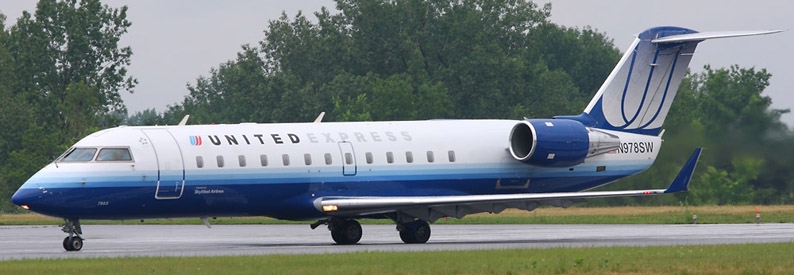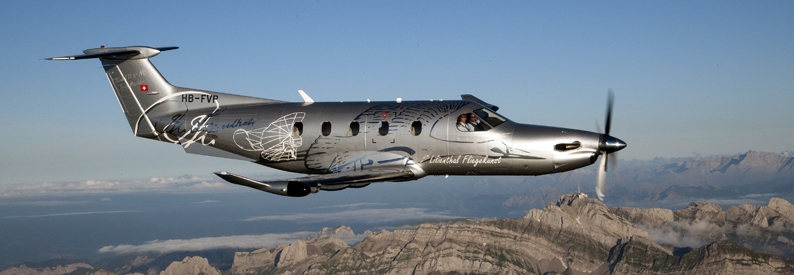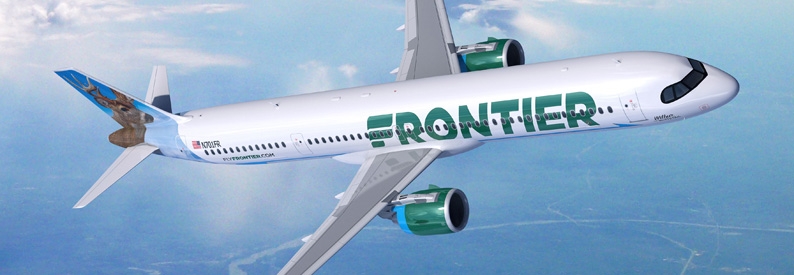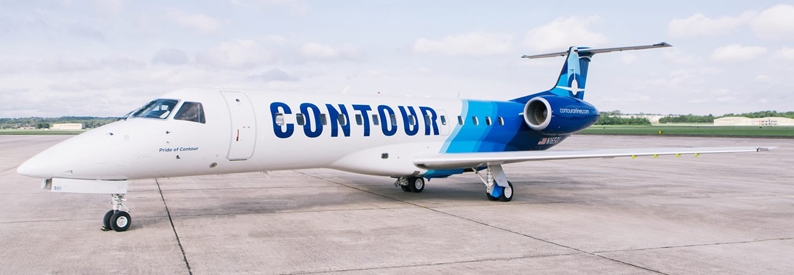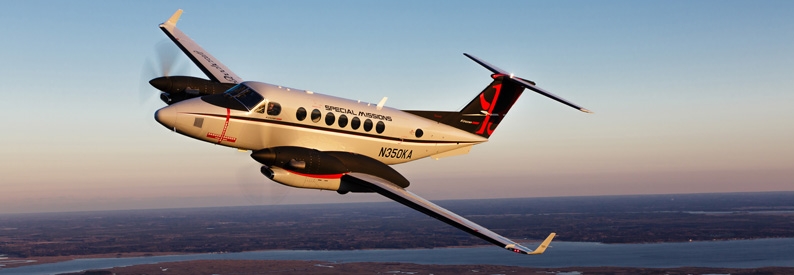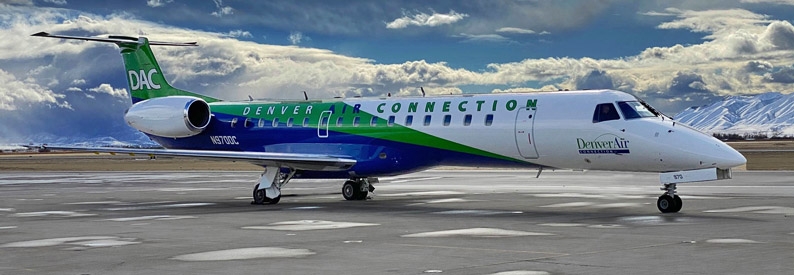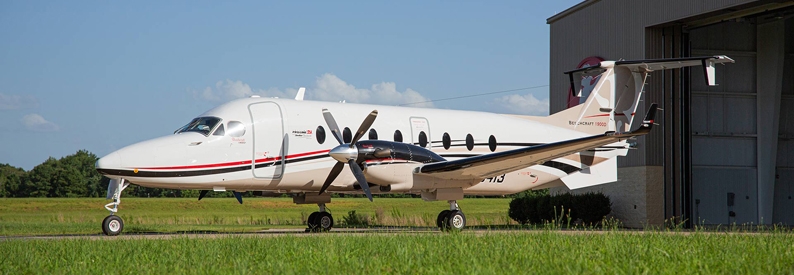United States President Donald Trump has signalled his intention to cut the country's Essential Air Service Program (EAS). In the preliminary 2018 budget proposal released on March 16, Trump's administration will cut USD2.4 billion from the Transportation Department, including USD175 million which goes towards subsidising flights to rural airports. It also recommends privatising air traffic operations which are currently undertaken by the Federal Aviation Administration (FAA).
The budget, "America First: A blueprint to make America great again", says that EAS flights do not operate at capacity and come with high subsidy costs per passenger. Additionally, it claims that many EAS-eligible communities are close to other major airports, and can be served with other transportation methods.
The EAS provides services to approximately sixty communities in Alaska and 115 communities in the lower forty-eight contiguous states that otherwise would have no access to scheduled air services. The program has been the subject of debate since it was implemented almost forty years ago, with a major overhaul in 2012 limiting the eligibility of communities. Nevertheless, a 2015 Congressional report found that EAS program costs had risen 123% since 2008. It is partly funded by overflight fees paid to the FAA by foreign aircraft that transit US airspace, with the remainder supplemented by Congress. It is this additional discretionary funding which is the subject of the USD175 million cut. If the whole program is cancelled, it is unclear where the FAA overflight fees would be diverted to.
Responses from regional airports have been mixed, with some saying that they can operate without the subsidies, but others coming out in support of the EAS. A spokesman for Albany, NY airport told the Times Union that it is a necessary component of the transport infrastructure of the USA. "By supporting Essential Air Service we enable businesses in underserved areas to compete on a level playing field and provide our leisure travellers the ability to connect with family members and enjoy popular vacation destinations," he said.
Laramie Regional Airport manager Jack Skinner said that all of the flights at its airport were subsidized and always had been, according to The Casper Star Tribune. Massena Town Supervisor Joseph Gray said that a cut to the EAS program would leave the airport without any scheduled service. "I don't think you'll find an airline that would commit to fly out of here without the subsidy," he told North Country Now. "Nor would the ticket be affordable for some people to fly,"
However, other small airports are prosaic. Rhinelander/Oneida County Airport Director Joe Brauer told Business North that he was confident that the airport could survive the cut. "We believe strongly that our community can support air service, even without the Essential Air Service program," Brauer said.
Some airlines which rely heavily on EAS subsidies include Southern Airways Express (9X, Memphis International) and Boutique Air (4B, San Francisco).
The Trump administration's budget also proposes to shift the responsibility of air traffic control from the FAA to "an independent, non-governmental organization" in order to cut costs, although the amount which will be saved is not specified.
